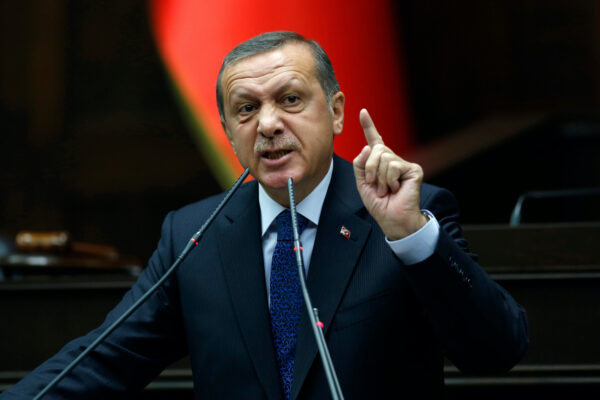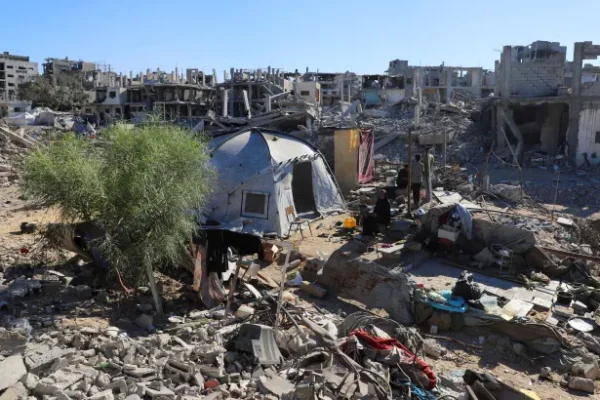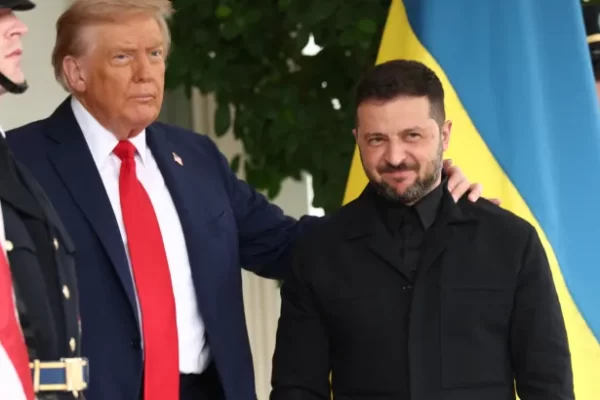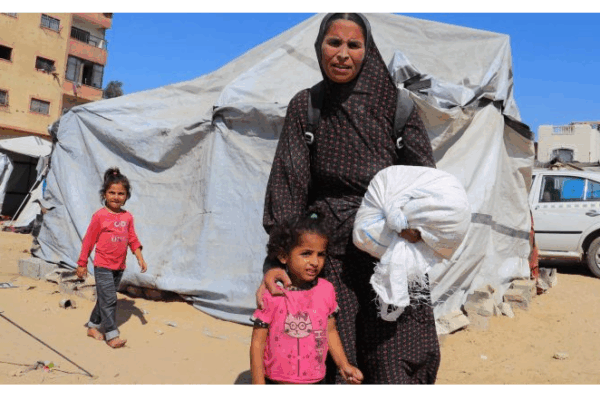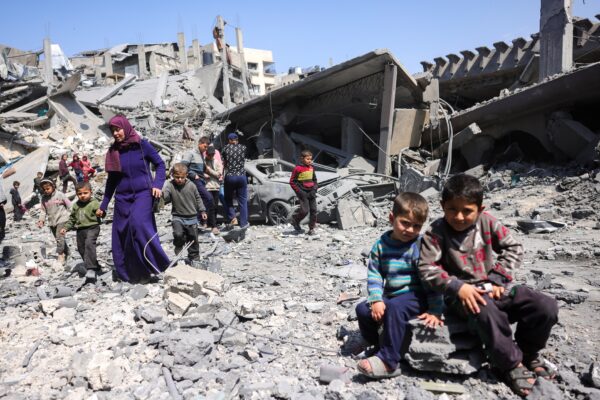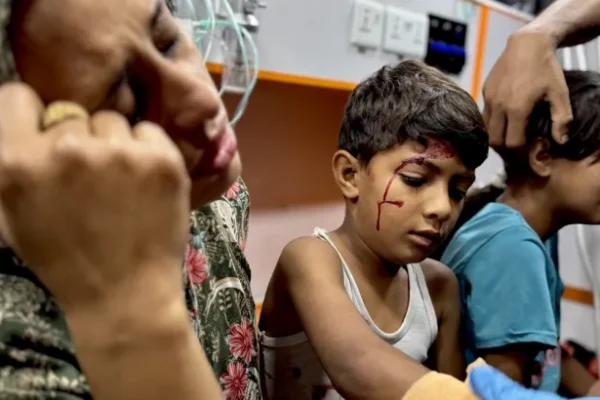
LIVE: Israel Kills 100 in Gaza as Trump Insists Ceasefire Remains Intact
At least 100 Palestinians, including 35 children, have been killed in fresh Israeli air strikes across Gaza, according to medical sources, marking one of the deadliest incidents since the fragile truce took effect earlier this month. The attacks, which hit multiple residential areas, including Al-Mawasi in southern Gaza where displaced families had been sheltering, have left scores wounded. Emergency responders continue to pull victims from the rubble amid warnings of a humanitarian collapse. Images from the scene show injured children being treated in ambulances before being taken to Nasser Hospital. Despite the bloodshed, US President Donald Trump insisted the ceasefire “remains in place,” saying Israel had merely “hit back” after one of its soldiers was “taken out.” Trump told reporters that “nothing is going to jeopardise” the truce, though he added that “Hamas has to behave.” The Israeli military claimed it had “resumed enforcing the ceasefire,” even as witnesses described sustained aerial bombardments in Gaza City and Khan Younis. Meanwhile, tensions are also flaring in the occupied West Bank. Israeli settlers reportedly torched Palestinian vehicles in two separate attacks — one in the town of Surif near Hebron and another in Atara, north of Ramallah. In Gaza, Palestinian human rights defenders have condemned Israeli demolition work in the enclave’s ruins, accusing private contractors of “profiting from a crime.” Tahseen Elayyan of Al-Haq told Al Jazeera that contractors were being paid over $1,000 a day for demolition operations and even dumping Israeli construction waste onto Gaza’s rubble. “They are feasting on this crime. They are aiding and abetting genocide,” he said. The ongoing violence raises doubts about the sustainability of the US-brokered ceasefire, which was meant to usher in a second phase of the Trump administration’s Gaza plan — including prisoner exchanges and reconstruction efforts under international supervision.


